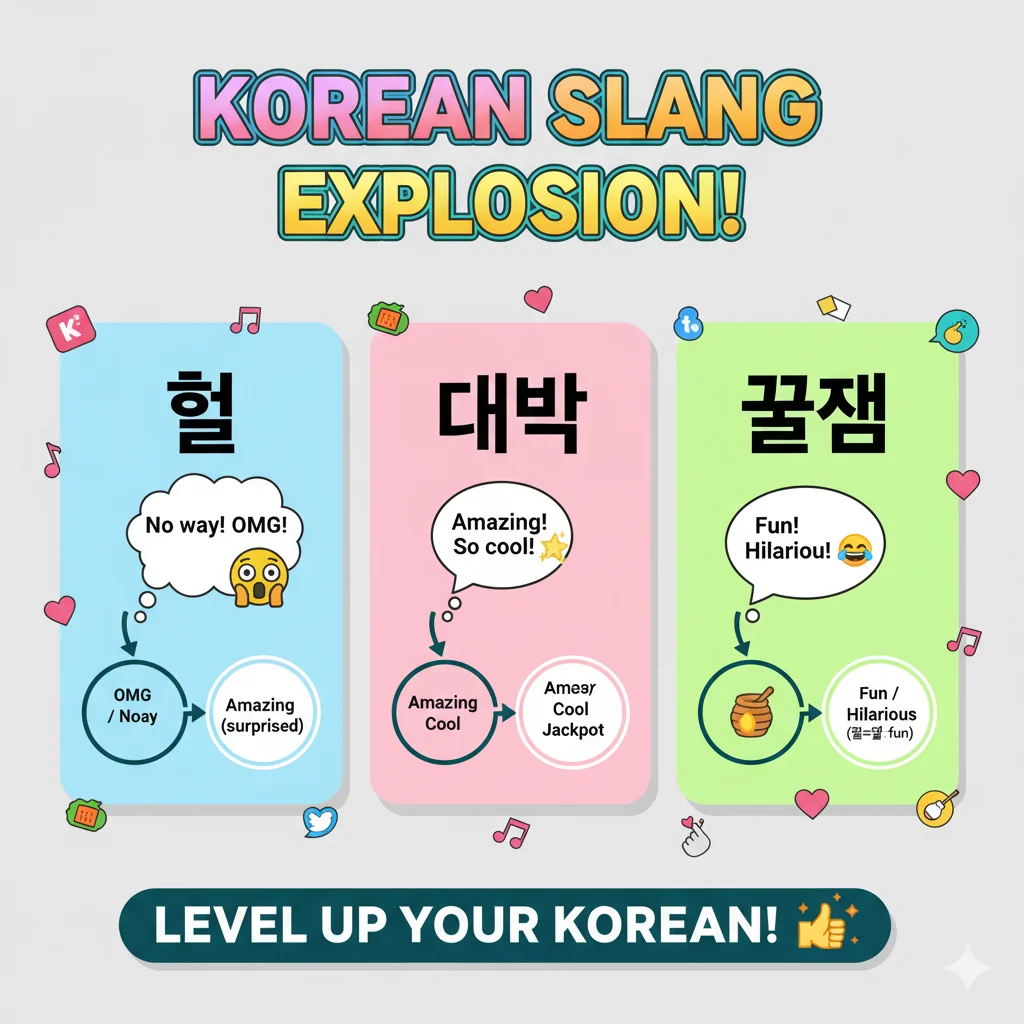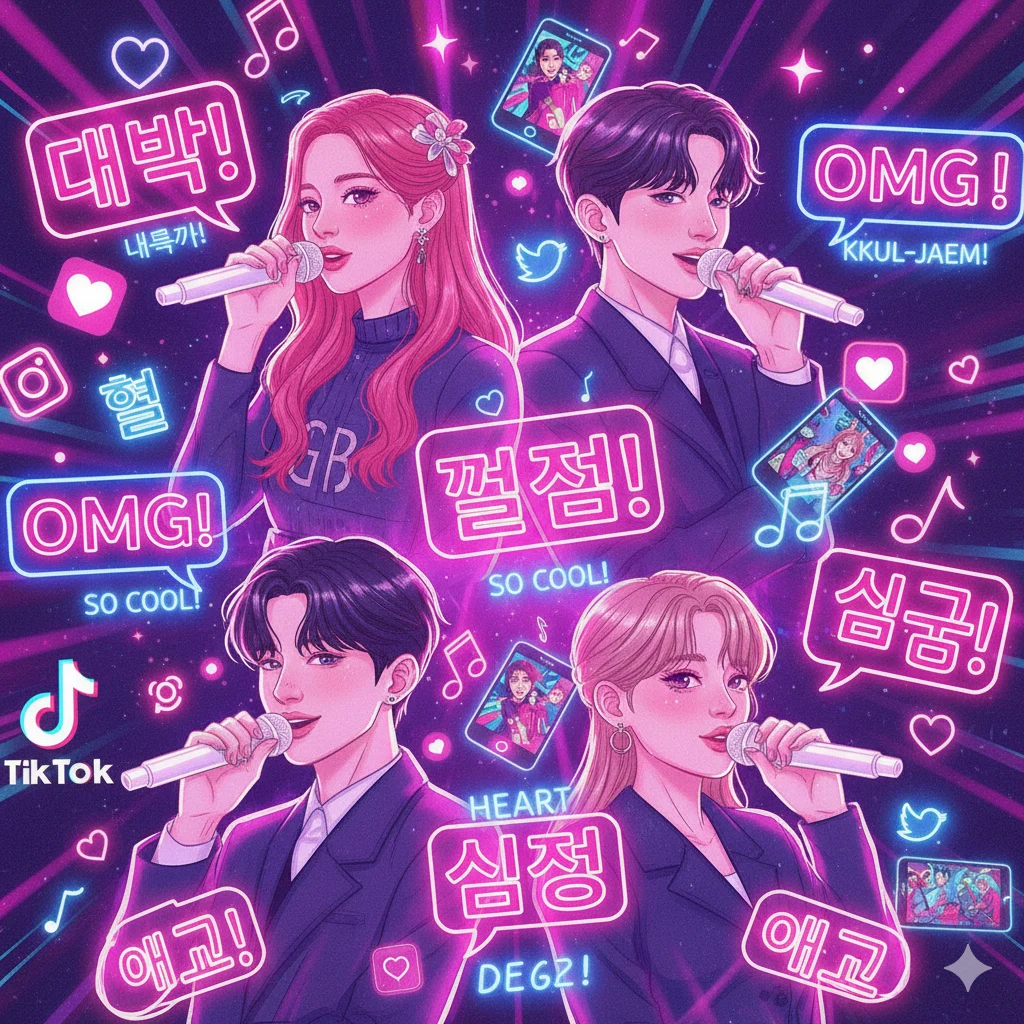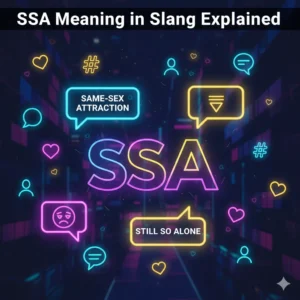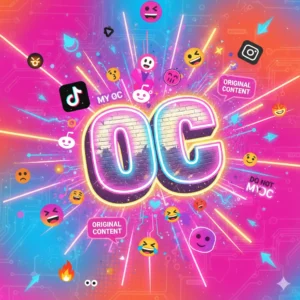Language evolves fastest in youth culture — and nowhere is that clearer than in South Korea. From K-pop lyrics to K-dramas, Korean slang has taken over the internet, shaping how Gen Z expresses humor, friendship, and emotion. Whether you’re learning Korean, love Korean pop culture, or just want to sound cool online, mastering Korean slang will help you connect with locals and fans alike.
In this article, we’ll dive into what Korean slang means, the most popular words used today, where they come from, and how to use them naturally in everyday conversations or social media posts.
What Is Korean Slang?
Korean slang (신조어 sinjoe, meaning “new word”) refers to informal, creative expressions developed by younger generations. These words are often shortened, mixed with English, or adapted from pop culture, memes, and the internet.
Here’s why it’s so popular:
- 🌀 It’s fast-changing and creative.
- 💬 It helps express emotion, humor, and personality.
- 🎵 It connects with K-pop, gaming, and online fandoms.
- 🌍 It shows how English and Korean blend in global youth culture.
For example, words like “짱 (jjang)” mean “awesome,” “헐 (heol)” means “OMG,” and “대박 (daebak)” means “amazing.” These are everywhere — from idol interviews to TikTok comments.
Popular Korean Slang Words and Their Meanings
Here are some of the most common Korean slang expressions that every K-culture lover should know:

- 헐 (heol) – OMG or “no way!” (used when shocked or surprised).
- 대박 (daebak) – Awesome, amazing, or unbelievable.
- 짱 (jjang) – The best, super cool, or awesome.
- 꿀잼 (kkul-jaem) – Literally “honey fun,” meaning “super fun.”
- 노잼 (no-jaem) – “No fun,” opposite of 꿀잼.
- 헷갈려 (hetgalryeo) – “Confused” or “mixed up.”
- 쩐다 (jjeonda) – “Dope” or “crazy good.”
- 인싸 (in-ssa) – Short for “insider,” meaning someone popular or trendy.
- 아싸 (ah-ssa) – “Outsider,” opposite of 인싸.
- 간지 (ganji) – “Swag” or “cool style.”
- 심쿵 (sim-koong) – Heart-fluttering moment.
- 눈팅 (noon-ting) – Silent lurking on social media.
- 남사친 / 여사친 (namsachin / yeosachin) – Male/female friend (no romance).
- 갑 (gap) – “Boss” or “power figure.”
- 을 (eul) – The one with less power or influence.
These slang terms blend emotion and culture — they reflect how Koreans emphasize expressiveness and community in their communication.
How K-pop and K-dramas Made Korean Slang Global 🌍
K-pop idols and K-drama actors are the biggest reason slang like “daebak” and “heol” became worldwide trends. When fans hear idols use these words in interviews or lyrics, they quickly pick them up and use them online.
For example:

- BTS often uses “짱” and “대박” during live streams.
- BLACKPINK fans say “쩐다!” when Lisa drops a killer dance move.
- K-drama fans text “심쿵했어!” when a romantic scene melts their heart.
Social media platforms like TikTok, Instagram, and YouTube help these slang words spread across languages. Even non-Korean fans use them casually — proving how pop culture bridges linguistic barriers.
The Influence of English on Korean Slang 🇺🇸+🇰🇷
English plays a big role in modern Korean slang. Koreans love mixing English words with Korean sounds, creating hybrid expressions that feel trendy and international.
Examples include:
- 핫하다 (hat-hada) – “Hot” or “trendy.”
- 오케이 (okey) – “Okay.”
- 노력하다 (noryeokhada) – “To try,” from English “work hard.”
- 셀카 (sel-ka) – “Selfie,” from English “self-camera.”
- 멘붕 (men-boong) – Short for “mental breakdown.”
This linguistic blend keeps Korean slang fun and accessible for global audiences.
Internet and Gaming Slang in Korea 🎮
Online slang is another massive part of Korean culture, especially among gamers and streamers. Here are some must-know digital terms:

- ㅋㅋㅋ (kkkk) – Equivalent to “LOL” or laughter.
- ㅎㅇ (hi) – Short for “hello.”
- ㄱㅅ (gs) – Short for “thanks” (감사).
- ㄴㄴ (nn) – “No no.”
- ㅇㅋ (ok) – “Okay.”
- ㄷㄷ (dd) – Means “scared” or “nervous.”
Online platforms like Naver, KakaoTalk, and Discord are filled with such abbreviations, showing how creativity reshapes written communication in Korea.
How to Use Korean Slang Naturally
If you want to sound authentic using Korean slang, here’s what to remember:
- Watch how idols use it. K-pop live streams and fan videos are goldmines.
- Avoid overuse. Too much slang can sound forced.
- Context is key. Some slang is casual, others playful or flirty.
- Be aware of tone. Korean has levels of politeness — slang is informal.
- Practice with native speakers. Try chatting on language apps or Korean Discord servers.
Example:
- “와, 그 공연 진짜 대박이었어!” (Wow, that concert was amazing!)
- “헐, 진짜?” (OMG, really?)
Why Korean Slang Reflects Korean Culture
Every slang word tells a cultural story. Korean slang mirrors values like community, humor, emotion, and respect.
- Words like “인싸” show how important social connection is.
- “심쿵” reflects emotional intensity in relationships.
- “노잼” and “꿀잼” show Korea’s humor-driven creativity.
Slang is Korea’s way of expressing youth identity — a mix of tradition and global influence.
Korean Slang in Social Media & Memes
On Twitter and TikTok, Korean slang thrives through memes. Users remix idol clips, gaming moments, or funny reactions with captions like “대박ㅋㅋㅋㅋ” or “쩐다 bro!”.
This viral language unites fans across continents — making slang part of a shared fandom identity.
Korean Slang in Everyday Life
Even adults now use slang words once considered “teen talk.” In cafés, offices, or K-beauty ads, words like “핫해요” (hot) or “대박 세일” (amazing sale) show how casual slang has entered marketing and everyday conversation.
Slang adds warmth and personality — it helps people sound approachable and modern.
FAQs About Korean Slang
Q1: Is it okay for foreigners to use Korean slang?
Yes! Koreans love when foreigners use slang naturally — it shows cultural appreciation.
Q2: How often does Korean slang change?
Very quickly. New slang appears every few months, especially from social media trends.
Q3: What are some cute Korean slang words?
“애교 (aegyo)” means cute charm; “심쿵” means heart-fluttering; “귀여워 (gwiyeowo)” means adorable.
Q4: Can slang be used in formal settings?
Usually no. Slang is informal and best for friends or online chats.
Q5: How can I learn new Korean slang words?
Follow K-pop fan accounts, watch K-dramas with subtitles, and read Korean memes on X or Instagram.
Conclusion: The Heartbeat of Modern Korean
Korean slang is more than trendy phrases — it’s the language of connection, creativity, and cultural pride. From “daebak” to “kkul-jaem,” every slang word captures the humor and soul of modern Korea.
So next time you text your K-pop friend or post a K-drama reaction, drop a “헐” or “쩐다!” — you’ll instantly sound like part of the Korean wave.



